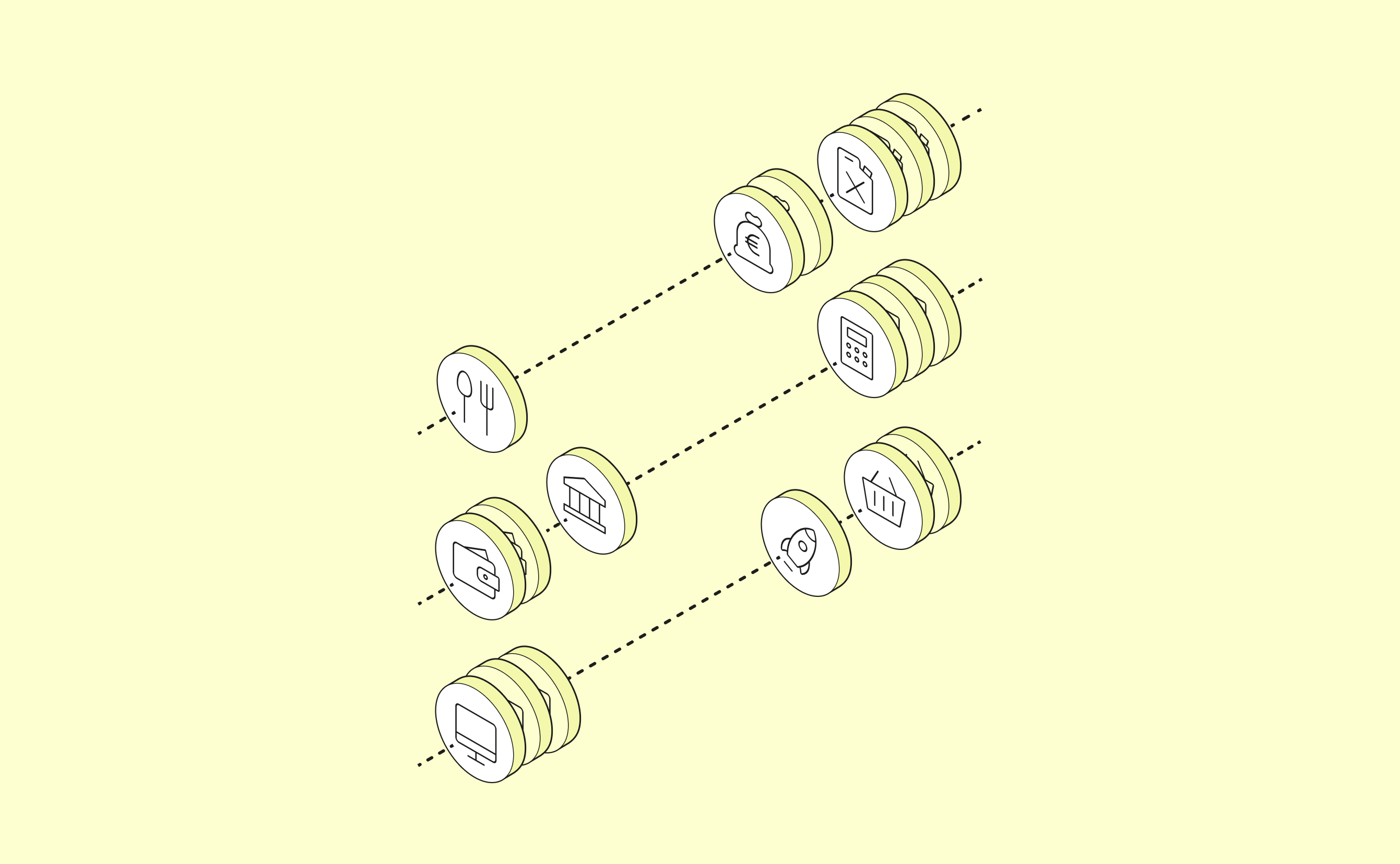Books stand out among educational materials as often the most comprehensive and trusted sources on the author’s chosen subject. The other posts in this series on financial literacy may list resources more current, more interactive, or more appropriate for on-the-go learning, but if you really want to do a deep dive on a subject or learn as much as you can about a particular aspect of finance, start filling your bookshelves.
Finance Books to Boost Your Financial Literacy—and More

Personal finance
About Personal finance
In 1969 Carol Hanisch wrote ‘The personal is political’ and the same should be said of finance. Budgeting guides and investment forecasts are useful resources—they equip us with some of the tools we need to embark on our own financial journeys. But without the trials and tribulations of others who have trodden the same paths, we miss out on an invaluable aspect of finance: lived experience.
“How I Invest My Money: Finance experts reveal how they save, spend, and invest” – Brian Portnoy, Joshua Brown (eds.) (2020)
Our pick for this section is a collection of interviews with financial experts that tell the stories behind decisions made by notable figures in finance: Morgan Housel (Wall Street Journal), Christine Benz (Morningstar), and Tyrone Ross (Onramp Invest) and many more.
Investing

About investing
It’s an unfortunate fact of life that working and saving simply isn’t enough to sustain you and anyone else you become responsible for. This is where investing comes into play. At first a mess of stocks and bonds and awash with conflicting advice on what to do with your money, investing can seem daunting and confusing and potentially dangerous.
“The Barefoot Investor: The Only Money Guide You’ll Ever Need” – Scott Pape (2016)
Australian author Scott Pape’s smash hit Barefoot Investor book series begins with ‘the only money guide you’ll ever need’. A practical guide with concrete tips on intelligent investing, Pape injects the book with a unique, personable style which has attracted so many readers since the first book in his series.
Leverage your financial literacy with Qonto's blog
Entrepreneurship
About entrepreneurship
As a business banking service, we want to provide everything we can to entrepreneurs who want to get their ideas off the ground. When you’re running your own business, a good grasp of financial concepts could be the barometer of your success. You will be in charge of your finances, especially in the beginning and perhaps for the entirety of your self-employed career—in this case, there’s never too much you can learn about finance.
“The Lean Startup” – Eric Ries (2011)
While focused on software development, The Lean Startup is about entrepreneurship overall. Ries gives unusual but valuable advice about failing business ventures in order to learn what customers really want, while applying the scientific method to getting your idea off the ground. For Ries, there’s more in play than luck and talent when becoming a successful entrepreneur.
Kids
Financial literacy for kids
How do you begin approaching the subject of money with children, when most kids think an ATM is just a magic money dispenser?
“If You Made a Million” – David M. Schwartz (1994)
On finance for kids, there are interactive books, picture books, fiction, and non-fiction. The resources are plentiful and how you want to introduce your child to finance is of course up to you. Our pick for this crucial period of financial literacy is David M. Schwartz’s If You Made a Million, with illustrations by Steven Kellogg. This award-winning classic from 1994 is recommended for kids aged five to eleven and brings a fantasy element to the task of learning about finance. Kids will join Marvelosissimo the Mathematical Magician on a journey to making a million dollars, with stops along the way teaching them about investing, interest, savings, and more.
Teens
Financial literacy for teens
Teenagers are a tricky demographic. If you’re raising one, you likely have enough trouble trying to find out if they’ll be home for dinner, let alone teaching them about finances (especially if the schools aren’t). If you are a teenager, what are the chances you’re thinking about finances? You might not even be working yet.
I Want More Pizza – Steve Burkholder (2015)
Burkholder’s book is one of the few on the market that covers the crucial period of teenagehood through young adulthood. This is such an important time to be thinking about finance because it encompasses potential milestones: your first job, leaving home, paying rent, graduating and making plans for the future, travelling by yourself—all big financial responsibilities befalling you for perhaps the first time.
Retirement
Literacy about retirement
You might not be ready to retire. The very idea of it might be decades from now, maybe you’re just beginning your career. Still, in just the same way that it’s important to teach kids about finance before their first piggy bank, you should spare some thought for your post-work years even before you know how you’re going to get there.
“The New Retirementality” – Mitch Anthony
Many of us view retirement as the end of something or many things (career, learning new skills, earning money), when it could be the beginning of so much more. Financial planner Mitch Anthony wants to help us redefine what it means to retire.
The path to financial literacy
Enjoy deep dives into the above finance topics with these comprehensive finance books from professionals in the finance game. Adding a finance section to your bookshelves is sure to make you an expert in a few more aspects of the topic.
Disclaimer: This selection of finance books was made at the personal judgement of the Qonto Editorial Team. None of these books are connected to Qonto and there is no paid advertising cooperation with the authors and publishers behind the books mentioned.






